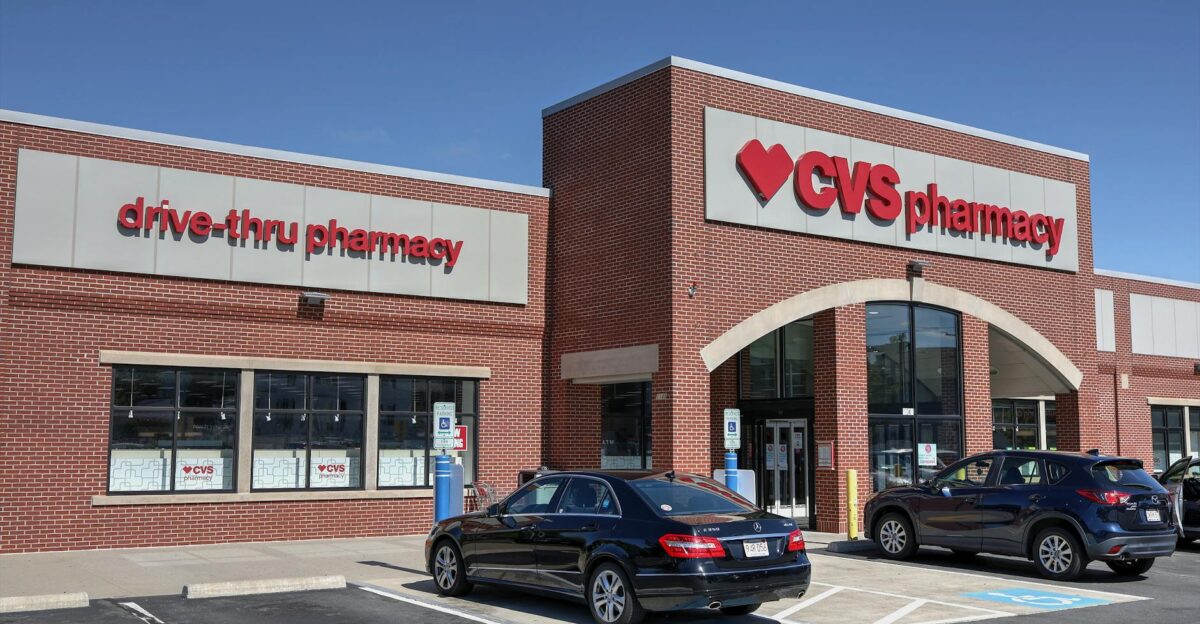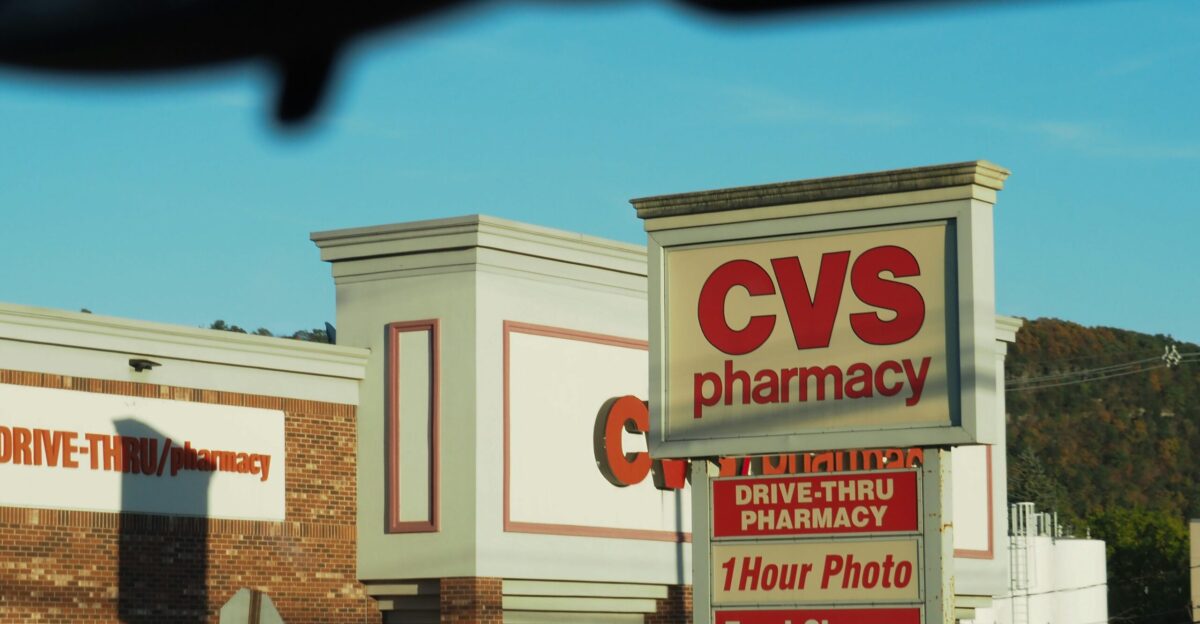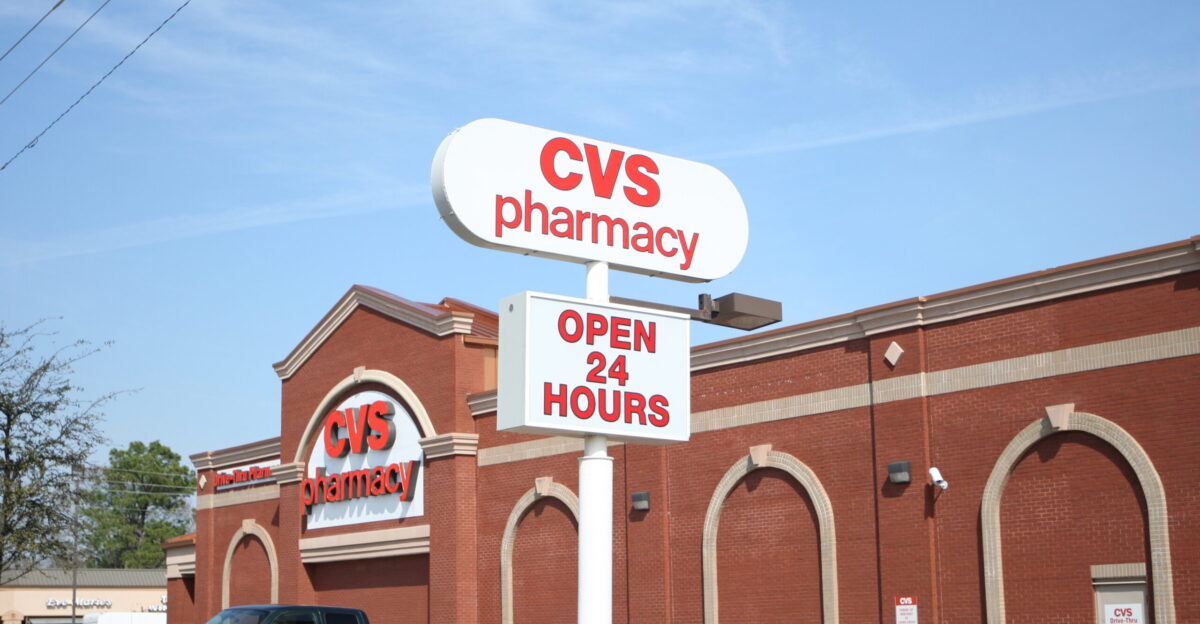
In 2025, a federal judge in Manhattan ordered CVS Health’s Omnicare division to pay $948.8 million in penalties and damages for widespread Medicare fraud that involved more than 3 million fraudulent claims filed for reimbursement. The lawsuit, which was first brought by a whistleblower in 2015 and was later joined by the Department of Justice in 2019, focused on Omnicare’s 2010–2018 practice of giving out medications to residents of assisted living facilities and nursing homes without a valid prescription.
This case reveals weaknesses in the Medicaid, Medicare, and Tricare billing procedures, highlighting systemic shortcomings in the operations of long-term care pharmacies. With far-reaching implications for the long-term care sector and governmental oversight frameworks, this penalty, one of the biggest under the False Claims Act, marks a turning point in the fight against healthcare fraud.
The Historical Background of CVS and Omnicare

The largest pharmacy serving long-term care and nursing homes is Omnicare, which was purchased by CVS Health. Omnicare has historically controlled this specialized market by offering pharmacy services to groups that are frequently underregulated in terms of medication oversight.
Despite Omnicare’s size and power, the whistleblower lawsuit revealed a culture of noncompliance with regulations, exposing a protracted period in which the company submitted millions of reimbursement claims for invalid or expired prescriptions. In the assisted living and nursing home industries, which have become more complex over the past 20 years, this case highlights historical oversight gaps in pharmacy practices.
The Exposure of Fraudulent Practices

Omnicare’s practices of renewing expired prescriptions without obtaining a doctor’s approval were at the core of the scam. Omnicare put residents at possible clinical risk by creating new prescription numbers rather than acquiring new ones while still dispensing medications, such as strong antipsychotics and antidepressants.
In contrast to skilled nursing facilities with on-site medical teams, assisted living environments have little physician supervision, so this practice avoided the crucial medical oversight. By disregarding standards for medication monitoring and prescription validation, the strategy not only increased government spending but also jeopardized patient safety.
Regulatory and Legal Difficulties in Long-Term Care

The regulatory environment in which long-term care pharmacies operate is complicated and involves state, federal, and Medicare regulations. A portion of Omnicare’s defense rested on assertions that its dispensing procedures were accepted industry norms and, in some states, permitted by law. However, the federal court determined that Omnicare’s practices were illegally dangerous for vulnerable groups and highlighted the difference between assisted living communities and skilled nursing facilities with regard to medical supervision.
This case demonstrates the challenge of implementing consistent standards across various facility types and emphasizes the need for more precise regulatory frameworks that strike a balance between patient safety and operational realities.
The Function of Lawsuits for Whistleblowers

With financial incentives to promote the disclosure of healthcare misconduct, the False Claims Act gives whistleblowers the authority to file fraud cases on behalf of the government. The pivotal role played by the Omnicare whistleblower led to a multi-year investigation that resulted in this historic decision.
This case is a prime example of how effective whistleblowers can be as a tactical weapon against long-standing corporate wrongdoing, especially in unregulated industries like long-term care pharmacy services. It also alerts other organizations to the harsh penalties and close monitoring that are likely to accompany billing fraud.
Financial Consequences and Penalty Structure

The jury’s original damages award of $135.6 million was tripled to $406.8 million under the False Claims Act, plus an additional $542 million in penalties, for a total of $948.8 million. The severity of the offense is demonstrated by the fact that this sum is far greater than the usual penalties for healthcare fraud.
If fully implemented, the legal principle requiring penalties per false claim, $5,000 minimum, would have come to an absurd $26.9 billion, underscoring the idea that judicial discretion is restrained by precedent and constitutional considerations. After partially stopping false claims, CVS’s liability was lowered to $164.8 million, reflecting their intervention.
The Planned Appeal and Defense of CVS

CVS Health intends to file an appeal, claiming the penalty is “unconstitutional” and pointing out that the prescribing practices were widely used in the industry and lawful in many states. They contend that there is no proof of actual patient harm or incorrect patient billing.
In order to portray Omnicare’s actions as adhering to applicable regulatory standards and being approved by CMS at the time, CVS frames the infraction as a technical recordkeeping issue. The conflicts between legal interpretations, regulatory variance, and corporate accountability standards in healthcare compliance are highlighted by their defense.
Effect on Dozens of Assisted Living and Nursing Homes

Although they are not defendants, organizations like Atria Senior Living and Brookdale Senior Living were impacted by the fraud, which had an impact on medication management at over 3,000 senior living communities in over 30 states.
Concerns regarding resident safety and supervision are raised by the scandal, which highlights the vulnerability of assisted living facilities—which typically lack full-time medical staff. Additionally, it erodes confidence in long-term care medication practices and may cause harm to the reputation of the facilities connected through Omnicare’s services.
Trends in the Enforcement of Healthcare Fraud

This ruling is indicative of increased federal scrutiny of healthcare fraud schemes, particularly those that take advantage of regulatory ambiguities and system complexity.
The case demonstrates the aggressive pursuit of fraudulent billing through the False Claims Act, which reflects broader government priorities to improve oversight following the pandemic in the face of rising healthcare costs. It highlights the growing dangers corporate healthcare organizations face from noncompliance and the ever-increasing influence of whistleblowers in starting investigations.
The Psychology of Healthcare Corporate Fraud

In the healthcare industry, corporate fraud frequently results from conflicting incentives where profit demands take precedence over moral commitments, which are occasionally justified by corporate cultures that minimize risk perception.
The prolonged fraudulent practices of Omnicare point to systemic cultural failures that permit deviance to become normalized, where breaking the law becomes commonplace in order to preserve revenue streams. Designing preventative strategies that focus on internal governance and ethical training requires an understanding of these motivations and the dynamics of organizational behavior.
The Aspect of Patient Safety

Even though CVS says there is no direct harm to patients, patient safety is at risk due to the absence of physician supervision when prescriptions are renewed, mainly when psychotropic drugs are used in elderly patients who are already at risk.
In assisted living settings, taking medication too soon or inappropriately increases the risk of adverse drug reactions, hospitalizations, or worsening conditions. Better clinical governance in pharmacy practices is urgently needed, as this case demonstrates how corporate misconduct can indirectly jeopardize patient welfare.
Budgetary Repercussions for Medicaid and Medicare

The financial viability of Medicaid and Medicare is impacted by the direct depletion of resources caused by the fraudulent billing of more than 3 million claims. Millions of Americans are served by these programs, and unchecked fraud raises costs, which may result in funding reductions or higher premiums that impact all beneficiaries.
The case intensifies conversations about the macroeconomic effects of healthcare fraud and the significance of strong financial controls in public health initiatives.
Effects of a Wider Industry on Pharmacy Services

The Omnicare ruling serves as a warning to all long-term care pharmacy service providers to increase transparency and compliance.
Widespread industry reforms, a move toward technology-driven prescription tracking, and improved state and federal audits could all result from the ruling. Through risky billing practices, it may also change business models, favoring moral investments over temporary revenue gains.
Legal Precedents and the Litigation Environment of the Future

With its financial scope and factual conclusions, this case establishes a substantial legal precedent that will probably impact future legal proceedings and regulatory policy. It resolves confusion regarding prescription dispensing in skilled nursing facilities versus assisted living facilities and reaffirms the government’s right to triple damages and penalties under the False Claims Act.
Additionally, it will have a broad impact on compliance frameworks, requiring healthcare organizations to conduct thorough audits of pharmacy practices. This ruling will probably be referenced in defenses or prosecutions of healthcare fraud in the future, bringing with it a more stringent era of accountability that may alter the conduct of healthcare providers and regulatory strategies across the country.
Procedural and Technological Solutions

Technology advancements like integrated prescription validation systems that highlight expiration dates and physician reauthentication procedures are necessary to prevent recurrence. This case supports transparent electronic health records that connect prescribers to dispensing pharmacies in real time, promoting accountability, as well as procedural improvements in pharmacy staffing education on regulatory differences.
By enabling predictive analytics and unchangeable recordkeeping, emerging technologies like blockchain and machine learning also hold the potential to transform fraud detection and improve oversight. Effectively reducing intentional malpractice and human error requires the implementation of thorough compliance programs and ongoing staff training.
Healthcare Companies’ Ethical Leadership

Because systemic failures can be propagated by leadership’s ignorance or tolerance of fraud, the scandal emphasizes the necessity of ethical accountability at the highest corporate levels. Rebuilding trust and reorienting business culture toward patient-centered care rather than just profit-driven goals requires a focus on corporate social responsibility initiatives, strong ethical governance procedures, and whistleblower protections.
Cultural change can be sparked by open communication, public reform pledges, external audits, and ethical performance metrics. This case serves as a sobering reminder that even powerful companies are susceptible to financial, legal, and reputational catastrophe in the absence of dedicated ethical leadership.
Industry-Wide Practice or Targeted Scapegoat?

Some analysts argue that Omnicare was singled out unfairly, suggesting many competitors engaged in similar billing practices within a loosely regulated environment. This view posits that the case represents a harsh government crackdown prompted by whistleblower incentives, raising questions about regulatory consistency and industry-wide reform versus punitive justice focused on one company.
This stance encourages introspection on systemic weaknesses and pressures, urging policymakers to adopt sector-wide reforms and standards that ensure fairness while reducing exploitative practices. It compels examination of how reactive enforcement might drive compliance through deterrence or risk incentivizing procedural over-precaution.
Severe Illustrations of the Effects of Fraud

Beyond Omnicare, cases of extreme fraud have resulted in the theft of billions of dollars’ worth of healthcare funds, frequently through intricate schemes involving several providers. These highlight the systemic risks associated with public healthcare funding and the urgent need for proactive fraud detection tools and watchful enforcement to protect both patient safety and taxpayer dollars.
For example, previous investigations have found organized networks that inflate Medicare billing schemes or claims for durable medical equipment by hundreds of millions of dollars a year. These similarities underscore calls for multi-agency cooperation and creative surveillance techniques by highlighting the sector-wide threats that Omnicare-type cases represent.
Long-Term Impact on Standards of Patient Care

Large fraud penalties could, in theory, lead providers to tighten controls, possibly denying or postponing legitimate prescriptions out of fear, which would have a detrimental impact on patient care. For both companies and regulators, maintaining patient access to essential medications while preventing fraud will become a crucial challenge.
Furthermore, reluctance to interact with vulnerable patient populations or a chilling effect on innovation in pharmacy practices may surface, necessitating careful policy responses. Maintaining equitable healthcare service delivery will require tracking changing patient outcomes and improving fraud enforcement to prevent unintended care bottlenecks.
In Conclusion

The $949 million fine against CVS’s Omnicare division marks a turning point in the fight against fraud in the operations of long-term care pharmacies. It exposes serious systemic flaws that jeopardized the safety of senior citizens and embezzled public funds for almost ten years. Although CVS challenges the decision, the case touches on broader issues of moral business conduct, changing regulations, and the pressing need for openness in the healthcare industry.
Its effects will reshape patient safety priorities throughout the industry, empower whistleblowers, and redefine industry standards, regulatory strategies, and the future of fraud enforcement. In the end, this ruling forces the healthcare sector to uphold moral obligations and legal compliance in order to safeguard an elderly population that depends on care and trust.